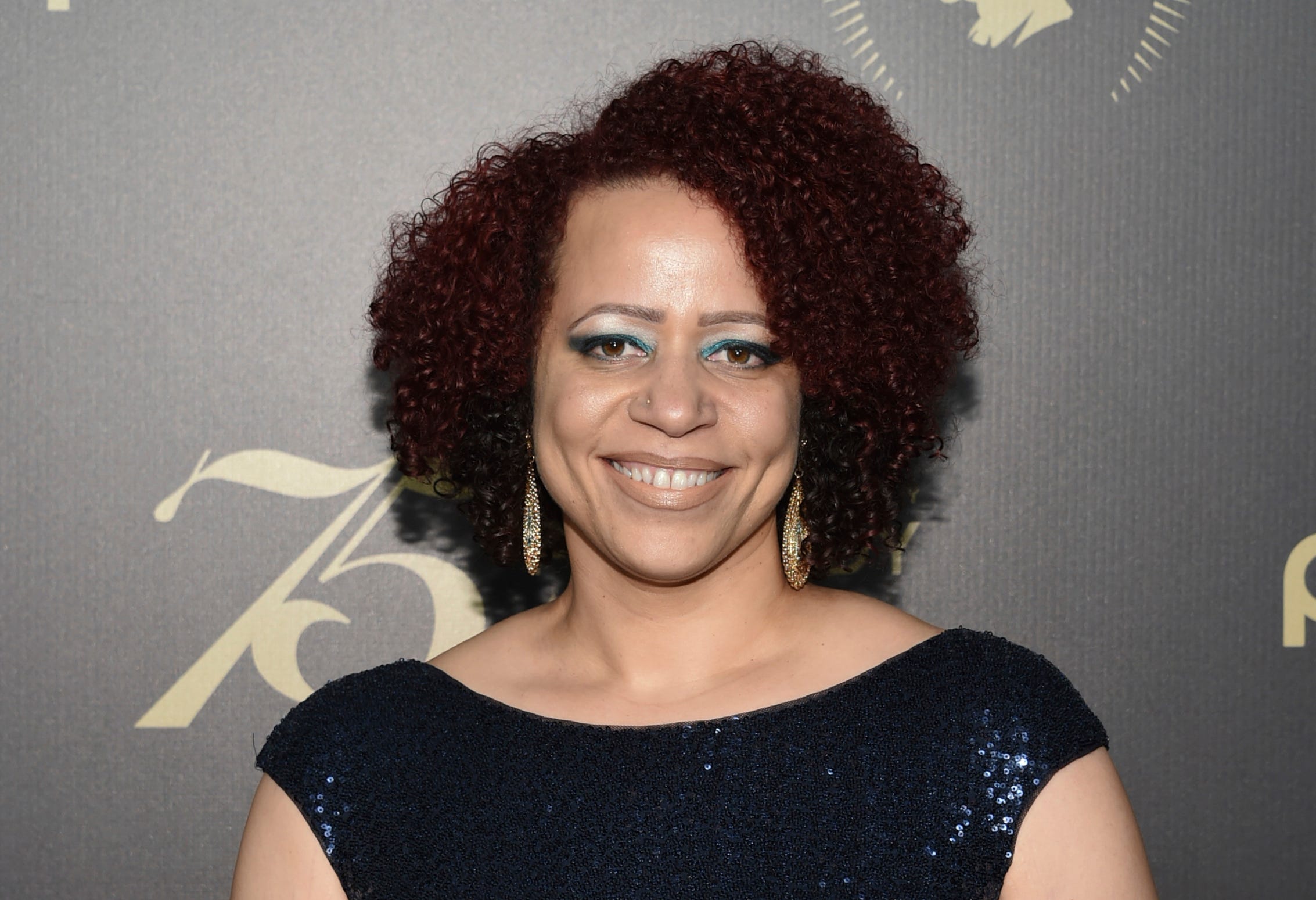
Evan Agostini/Invision/AP, File
- 1619 Project creator Nikole Hannah-Jones rebuts McConnell's argument that its words are "divisive."
- McConnell and 38 Senate Republicans want to bar the project from being taught in public schools.
- "He's saying that the truth is too difficult for apparently our nation to bear," Hannah-Jones said of McConnell.
- See more stories on Insider's business page.
The 1619 Project creator Nikole Hannah-Jones on Tuesday responded to Senate Minority Leader Mitch McConnell's push to remove the project, which was launched on the 400th anniversary of the arrival of the first African slaves to what would become the United States, from federal grant programs.
The project, which was published by The New York Times Magazine in 2019, examines the legacy of slavery and the contributions of Black Americans throughout the nation's history, drawing the ire of conservatives who have sought to ban the body of work from being taught in schools.
In a letter to Secretary of Education Miguel Cardona, the Kentucky Republican and 38 members of his Senate GOP caucus outlined their opposition to the Department of Education developing updated history curricula, alleging that the content is "divisive."
"This is a time to strengthen the teaching of civics and American history in our schools," the letter says. "Instead, your Proposed Priorities double down on divisive, radical, and historically-dubious buzzwords and propaganda."
The letter added: "Americans do not need or want their tax dollars diverted from promoting the principles that unite our nation toward promoting radical ideologies meant to divide us."
During an appearance on MSNBC's "The ReidOut" with host Joy Reid, Hannah-Jones rebuts McConnell's argument that the project perpetuates "a drumbeat of revisionism and negativity," while also responding to his claim that 1619 was not one of the most important years in US history.
"I don't know how you teach about 1865 without acknowledging that 1619 was an important year being that 1865 occurs began we began slavery in 1619," she said, referring to the end of the Civil War in her dialogue. "So when you hear people like him saying that teaching the actual facts of American history are divisive, maybe that's because we have a divisive history in this country."
She added: "He's not arguing that we shouldn't teach the truth. He's just saying that the truth is too difficult for apparently our nation to bear and that we're far too fragile to be able to withstand the scrutiny of the truth."
Hannah-Jones said that the legacy of slavery has been an enduring part of the nation's history, which can't simply be dismissed.
"The entire argument of the 1619 Project is that slavery pre-dates almost every other American institution," she said. "That means that it is foundational and embedded in our culture."
During a CNN appearance earlier this week, Hannah-Jones argued that the national GOP push to ban the 1619 Project in public schools "is fundamentally a free speech issue."
"It's not about the facts of history - it's about trying to prohibit the teaching of ideas they don't like," she said.
Former President Donald Trump, who implemented a "1776 Commission" to promote "patriotic education" last year, sought to whip up conservative opposition to the 1619 Project.
Trump's commission was quickly disbanded by President Joe Biden upon taking office, but not before they released a report saying that the history of slavery in America had been distorted.
Despite the GOP criticism, patriotism is a core theme of the opening 1619 Project essay, written by Hannah-Jones, who received the Pulitzer Prize for Commentary for the project in 2020.
In her essay, "America Wasn't a Democracy Until Black Americans Made It One," Hannah-Jones argued that Black Americans have been some of the most valiant fighters for American ideals.
"Despite being violently denied the freedom and justice promised to all, black Americans believed fervently in the American creed," she wrote. "Through centuries of black resistance and protest, we have helped the country live up to its founding ideals. And not only for ourselves - black rights struggles paved the way for every other rights struggle, including women's and gay rights, immigrant and disability rights."
She added: "Without the idealistic, strenuous and patriotic efforts of black Americans, our democracy today would most likely look very different - it might not be a democracy at all."
Dit artikel is oorspronkelijk verschenen op z24.nl